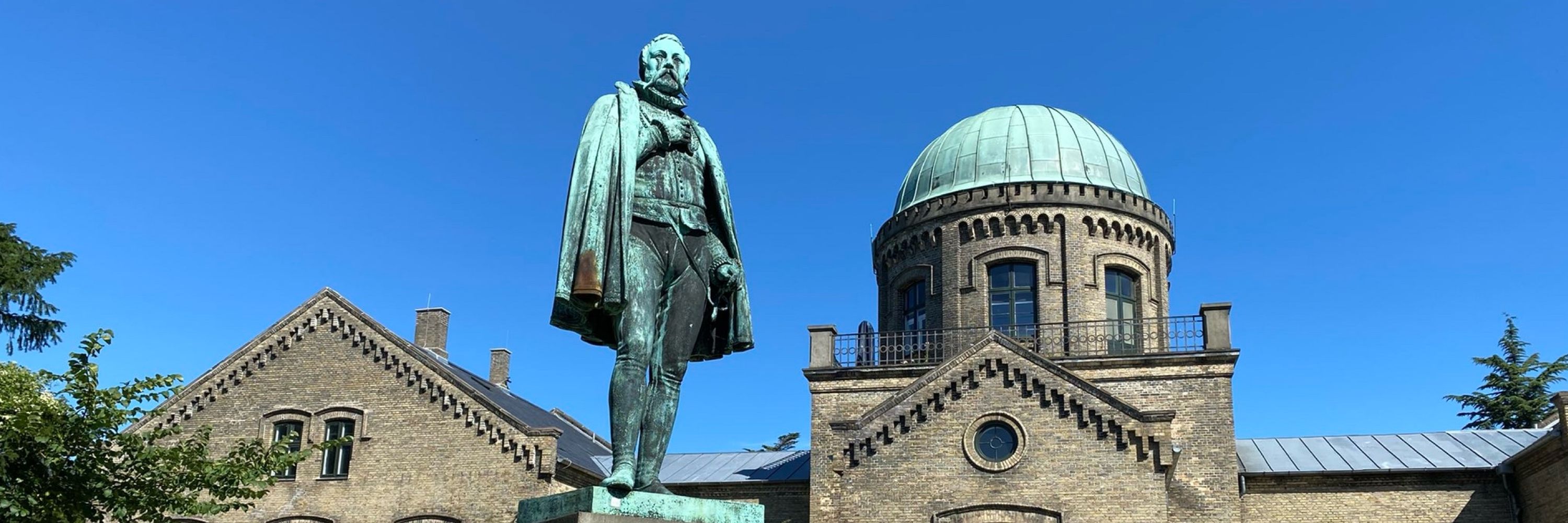
Professor, University Of Copenhagen 🇩🇰 PI @belongielab.org 🕵️♂️ Director @aicentre.dk 🤖 Board member @ellis.eu 🇪🇺 Formerly: Cornell, Google, UCSD
#ComputerVision #MachineLearning
Serge Belongie is a professor of Computer Science at the University of Copenhagen, where he also serves as the head of the Danish Pioneer Centre for Artificial Intelligence. Previously, he was the Andrew H. and Ann R. Tisch Professor of Computer Science at Cornell Tech, where he also served as Associate Dean. He has also been a member of the Visiting Faculty program at Google. He is known for his contributions to the fields of computer vision and machine learning, specifically object recognition and image segmentation, with his scientific research in these areas cited over 150,000 times according to Google Scholar. Along with Jitendra Malik, Belongie proposed the concept of shape context, a widely used feature descriptor in object recognition. He has co-founded several startups in the areas of computer vision and object recognition. .. more
Reposted by Serge Belongie

Reposted by Serge Belongie

ELLIS Members led key workshops and engaged with the @ec.europa.eu's new #RAISE initiative.
👉 https://bit.ly/4pw8Ft7
@eu2025dk.bsky.social
Reposted by Serge Belongie

We are on the tube now! Check out the recordings from our first years events!
✨🍿🌍📺🌿🌊🌲☀️🌱🍄🌳
youtube.com/@climateaino...
Reposted by Serge Belongie

Make sure to visit our sponsors during the conference to learn more about them and the research they produce and enable!
Reposted by Serge Belongie

Reposted by Serge Belongie, Stephen D. Murphy
I gave a TED Talk on scientific discovery in ecological databases at a joint TED Countdown and Bezos Earth Fund event for #NYClimateWeek this year, and it's now live!
@inaturalist.bsky.social #AIforConservation
Reposted by Serge Belongie

Make sure to visit our sponsors during the conference to learn more about them!

Reposted by Serge Belongie
We are exceedingly happy to share that our 18 EurIPS workshops have seen an immense amount of interest, meaning that over 500 posters will be presented on the 6th and 7th December.
More workshops details at eurips.cc/workshops/
Reposted by Serge Belongie





One of the key findings is that AI chatbots fail to set boundaries when users are most vulnerable, e.g., expressing love or loneliness
Reposted by Serge Belongie



Opening remarks by @samikaski.bsky.social, @serge.belongie.com, Bernhard Schölkopf, PM Petteri Orpo & Peter Sarlin



Reposted by Serge Belongie

But how is this skill learned, and can we model its progression?
We present CleverBirds, accepted #NeurIPS2025, a large-scale benchmark for visual knowledge tracing.
📄 arxiv.org/abs/2511.08512
1/5

Reposted by Serge Belongie

But how is this skill learned, and can we model its progression?
We present CleverBirds, accepted #NeurIPS2025, a large-scale benchmark for visual knowledge tracing.
📄 arxiv.org/abs/2511.08512
1/5




